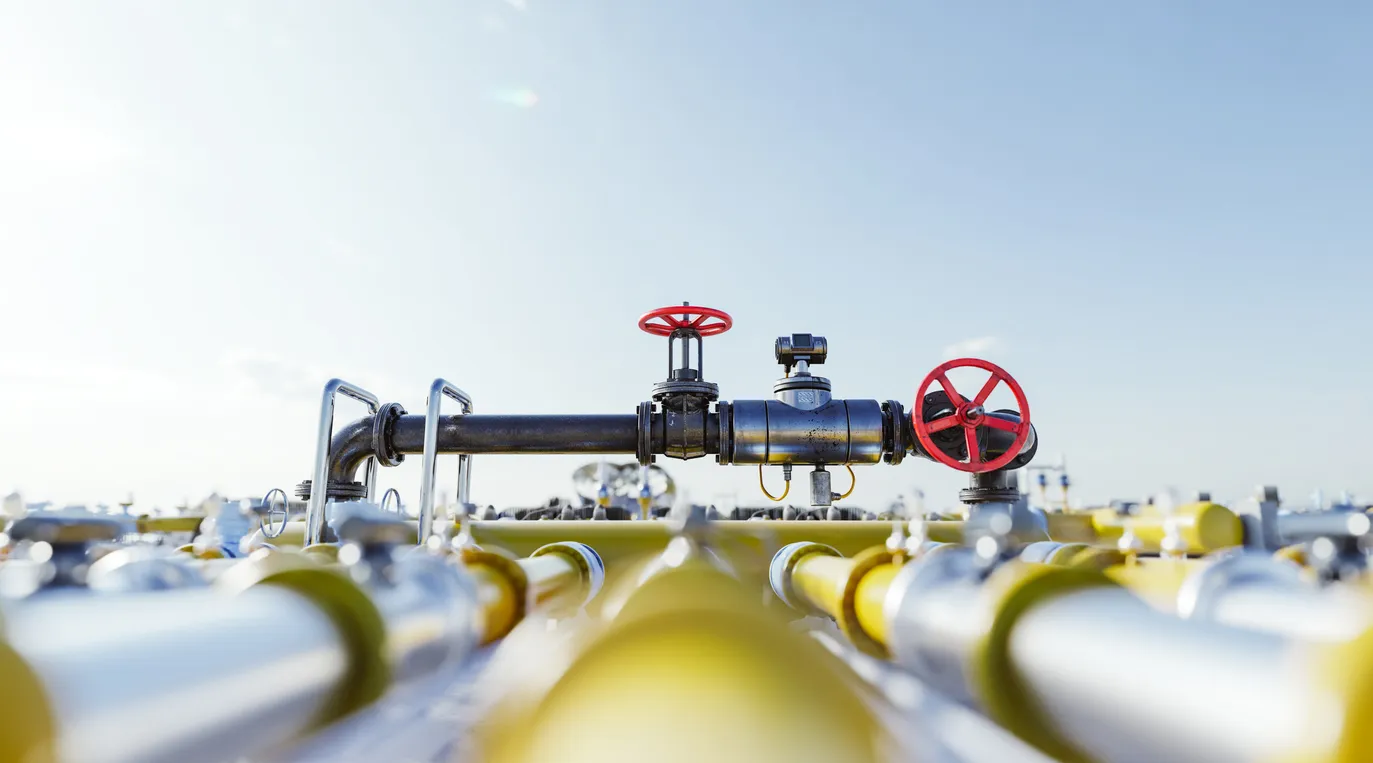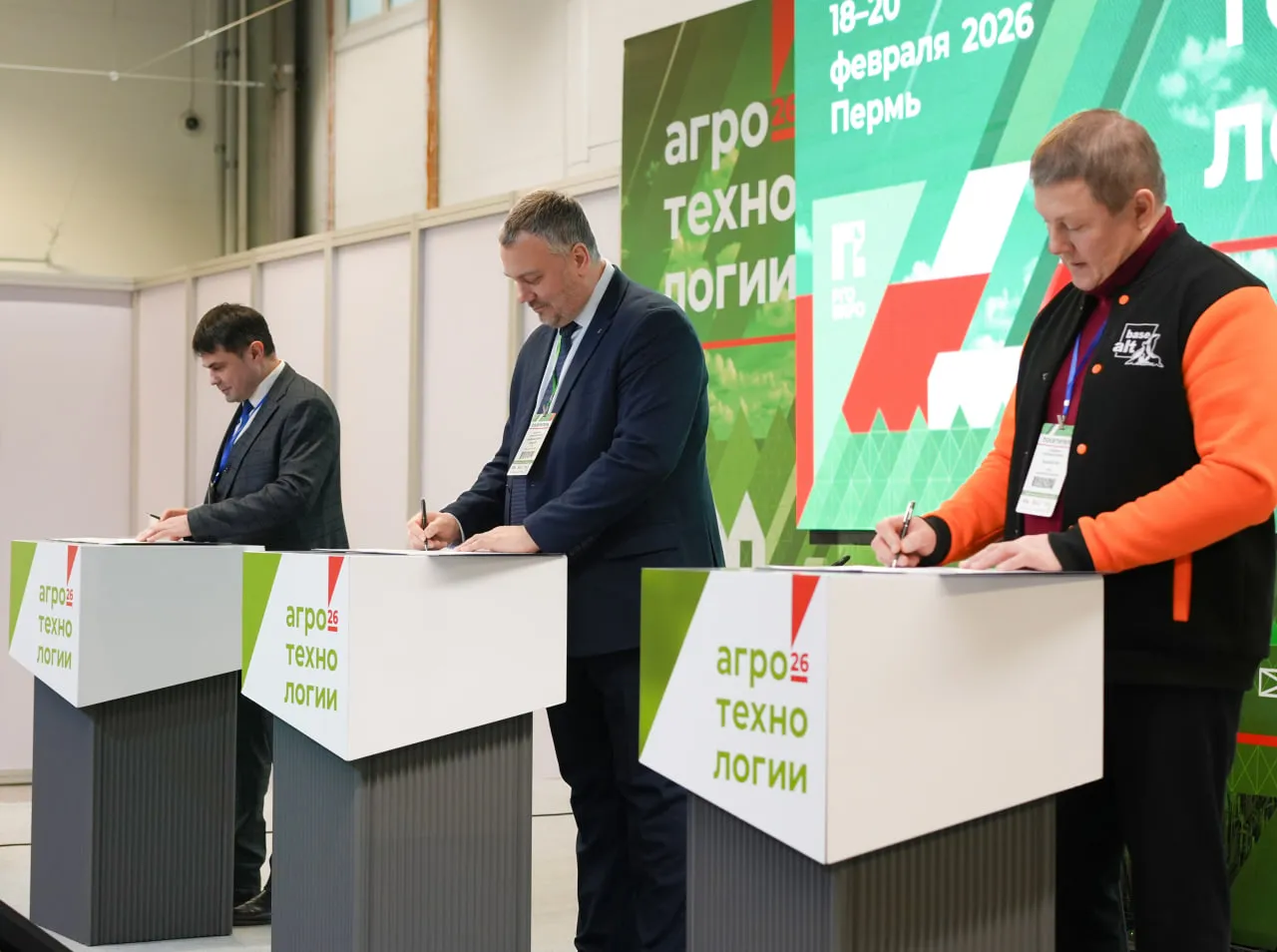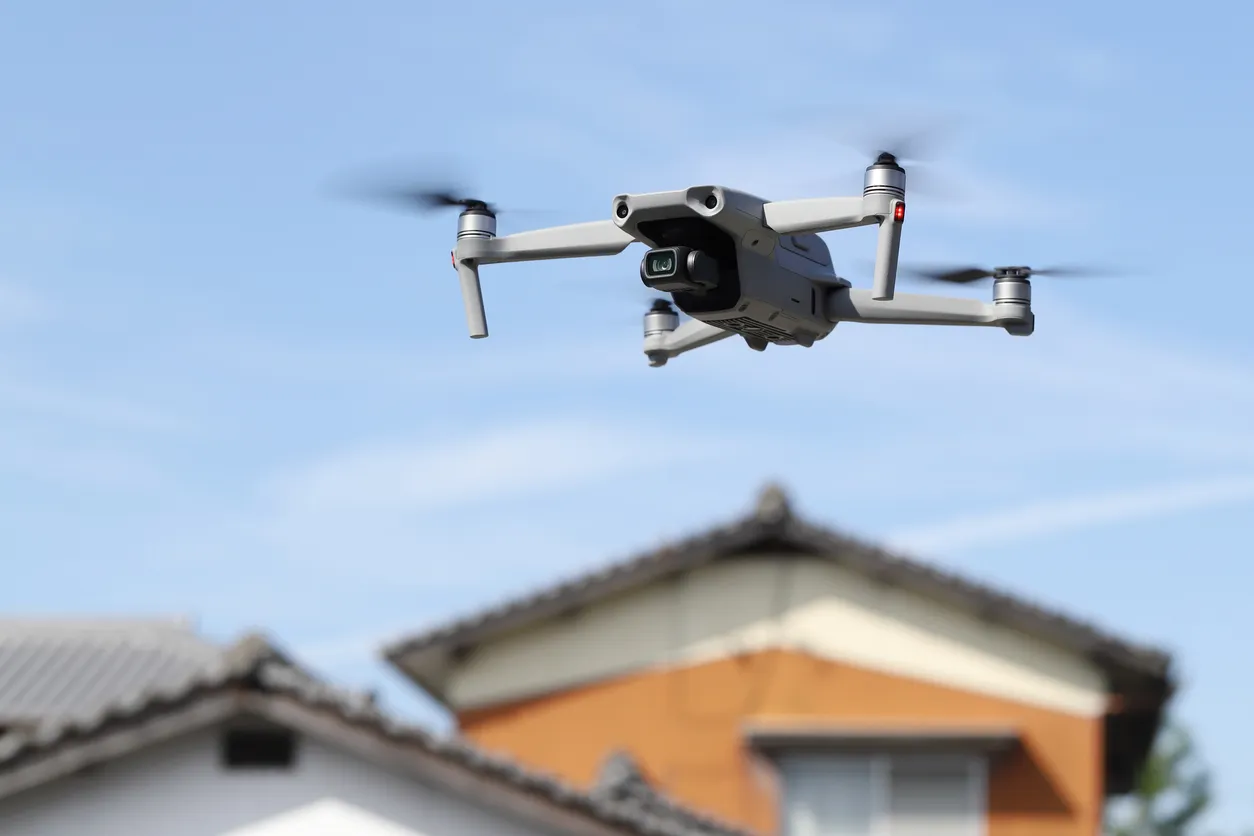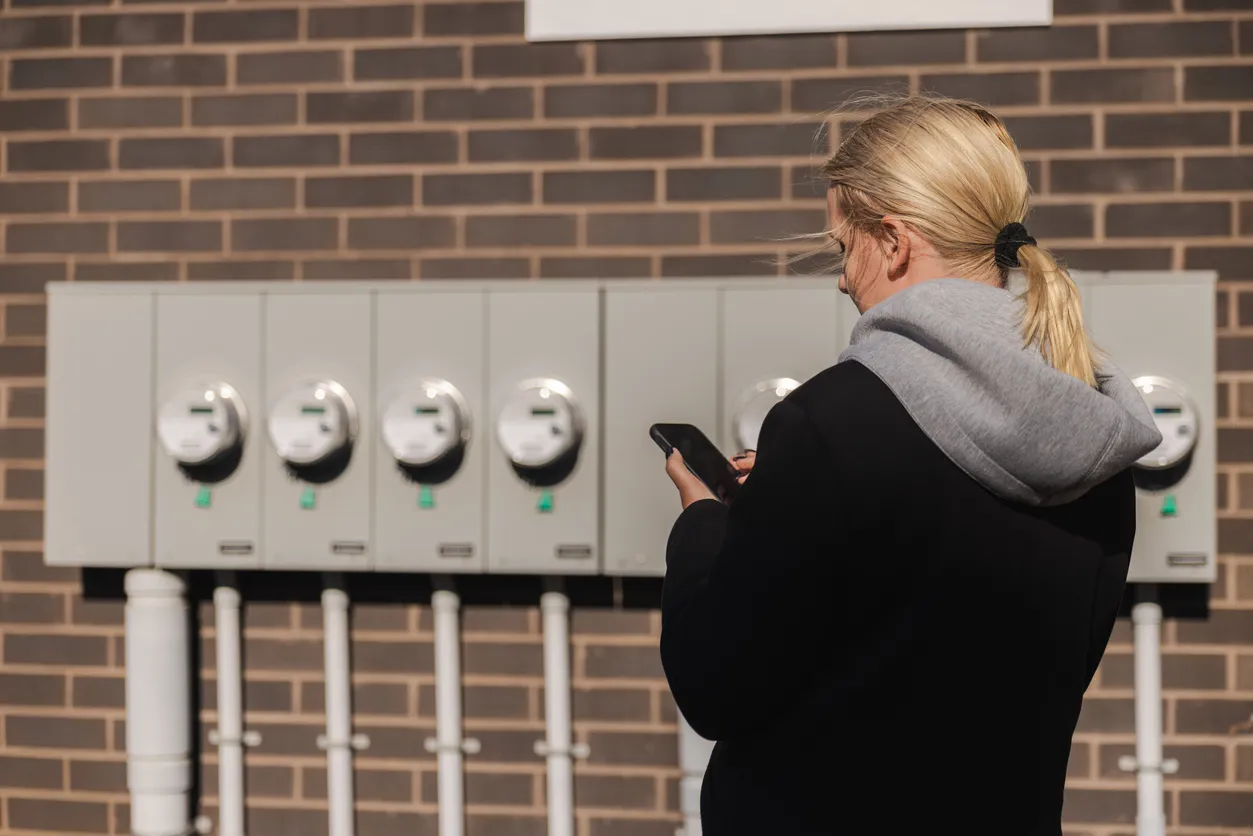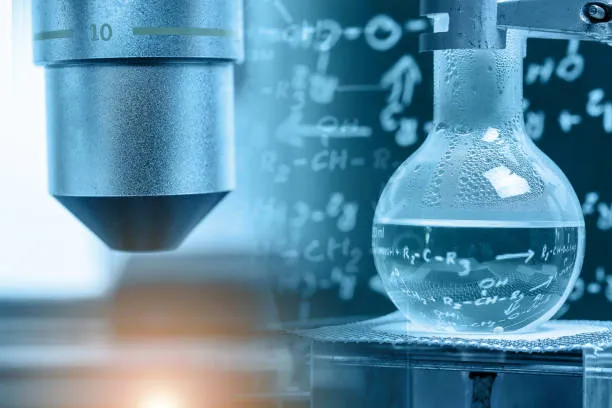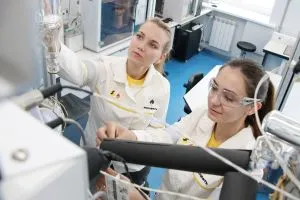Russian Scientists Automate Aluminum Production
A new sensor designed in Siberia promises to cut energy use and boost efficiency across Russia’s aluminum industry.
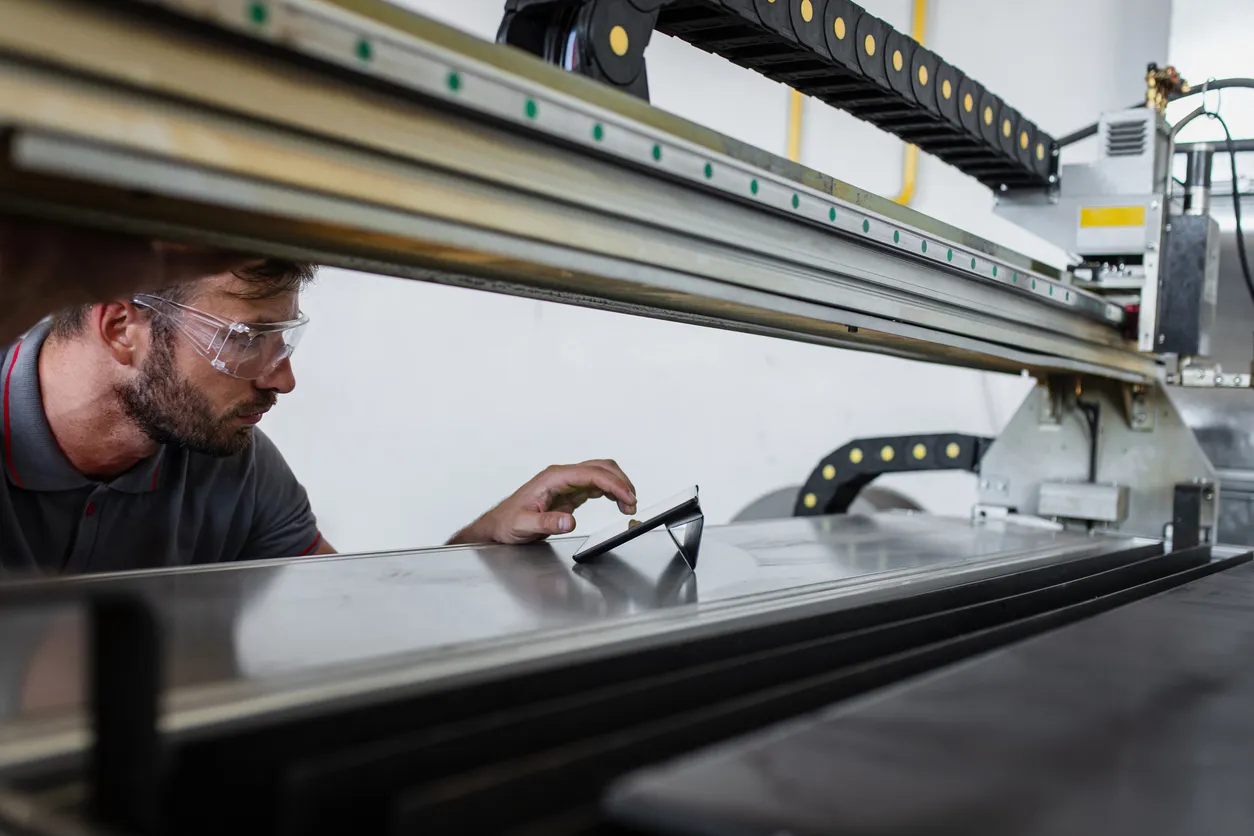
Researchers at Siberian Federal University have developed a unique sensor that can fully automate a critical stage of aluminum production. Operating in real time, the device precisely tracks the amount of metal being produced, making process control easier and more efficient. Deploying such technology strengthens Russia’s technological sovereignty and the competitiveness of its metallurgy sector on the global stage.
Aluminum production is a complex, energy-intensive process based on electrolysis. Until now, most plants still relied on manual measurement: once a day, a worker would insert a steel rod to gauge aluminum levels. The method was laborious and imprecise, making it impossible to respond quickly to changes inside the electrolyzer.
According to IT-Russia, the new sensor fixes that problem. It automatically measures the level of molten aluminum and electrode consumption every second, with micrometer accuracy. This allows operators to maintain ideal electrolysis conditions continuously.
The breakthrough has significant implications both for Russia and worldwide. Running an electrolyzer incorrectly wastes enormous amounts of electricity and lowers product quality. The sensor prevents that, saving millions of rubles (tens of thousands of dollars). It also paves the way for “digital advisors”—systems capable of autonomously managing the process while minimizing human error.
Aluminum is also critical for aerospace, shipbuilding, and space industries.
The sensor is already being tested in an industrial electrolyzer hall. The project is supported by a grant from Russia’s Ministry of Education and Science, part of the national “Decade of Science and Technology” initiative.




